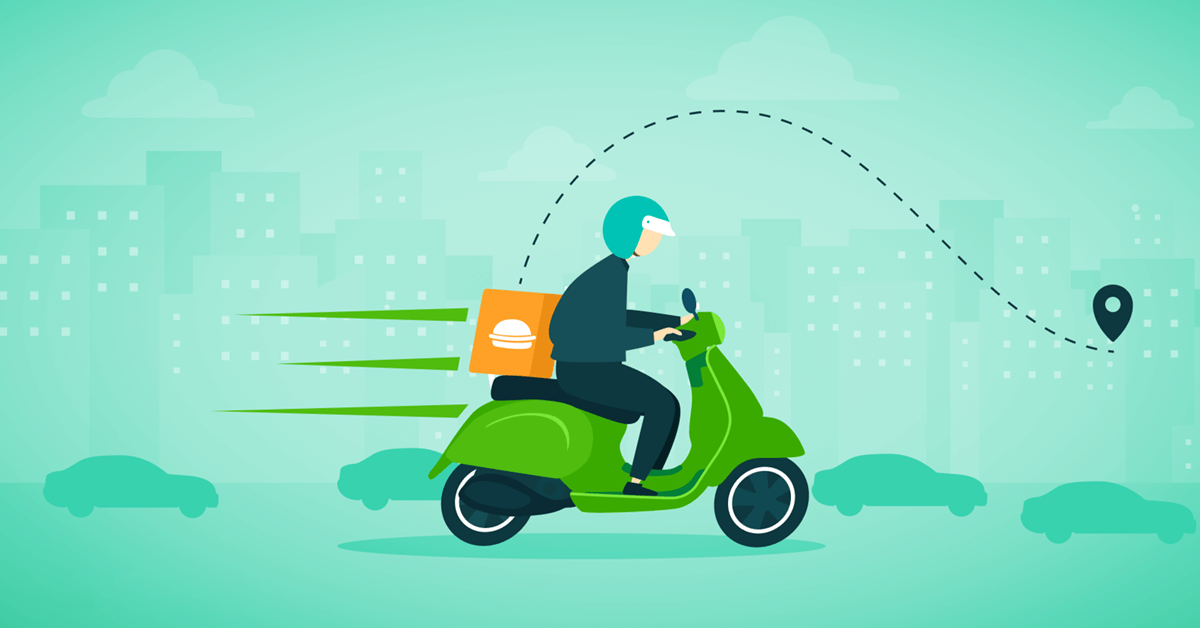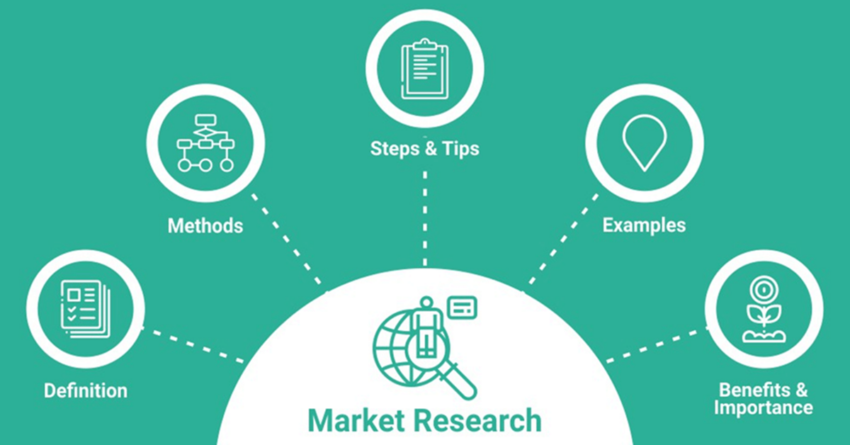In recent years, the food delivery industry has witnessed a tremendous surge in popularity, driven by the convenience and variety it offers to consumers. As the demand for food delivery services continues to rise, companies in this sector are looking for innovative ways to gain a competitive edge and enhance their services. Data scraping is emerging as a valuable tool that can significantly boost growth in the food delivery industry. In this article, we will explore how data scraping can be employed to improve various aspects of food delivery businesses.

1. Competitive Analysis
One of the primary benefits of data scraping in the food delivery industry is the ability to conduct comprehensive competitive analysis. By scraping data from various food delivery platforms like Grubhub, Uber Eats, Yelp, and others, businesses can gain insights into their competitors’ offerings, pricing strategies, customer reviews, and delivery times. This valuable information allows them to make informed decisions about their own services, such as adjusting prices, optimizing delivery times, and improving customer service.
2. Menu Optimization
Data scraping can also be used to analyze and optimize menus. By collecting data from multiple sources, businesses can identify trending dishes, customer preferences, and gaps in their offerings. This information can help them make data-driven decisions about which items to include on their menu, ensuring that they cater to the tastes of their target audience.
3. Pricing Strategies
Pricing is a critical factor in the food delivery industry. Data scraping enables businesses to track competitors’ pricing strategies and adjust their own pricing accordingly. By staying competitive and offering attractive pricing, food delivery companies can attract more customers and increase their revenue.
4. Customer Feedback Analysis
Customer reviews play a pivotal role in the reputation and success of a food delivery business. Data scraping allows companies to collect and analyze customer feedback from various sources, including Yelp and other review platforms. By understanding the strengths and weaknesses of their services, businesses can take proactive steps to address issues and enhance customer satisfaction.
5. Market Expansion
For food delivery businesses looking to expand into new regions or neighborhoods, data scraping can provide crucial insights. By scraping data on demographics, local preferences, and competition in potential target areas, companies can make informed decisions about where to expand their services. This reduces the risks associated with expansion and increases the chances of success.
6. Operational Efficiency
Data scraping can also improve the operational efficiency of food delivery businesses. By collecting data on order volumes, peak delivery times, and customer behavior, companies can optimize their staffing and logistics to ensure timely and efficient deliveries. This leads to reduced operational costs and improved customer experiences.
7. Marketing and Promotion
Marketing is a vital component of any food delivery business. Data scraping can help companies identify potential marketing opportunities by collecting data on upcoming events, local promotions, and customer interests. This allows businesses to tailor their marketing efforts to specific target groups and increase their chances of success.
8. Fraud Detection
Data scraping can be employed to monitor and detect fraudulent activities such as fake orders, unauthorized account access, or payment fraud. By continuously analyzing data for unusual patterns or behaviors, businesses can enhance their security measures and protect their customers and their own interests.
9. Supplier Relationships
For food delivery businesses, maintaining good relationships with suppliers is essential. Data scraping can be used to track supplier performance, pricing, and availability of ingredients. This ensures that businesses can maintain a reliable and cost-effective supply chain, which is crucial for the success of their operations.
10. Compliance and Regulations
Food delivery businesses must adhere to various regulations and standards. Data scraping can assist in monitoring and ensuring compliance with these regulations, reducing the risk of legal issues that could hinder growth and reputation.
conclusion
data scraping is a powerful tool that can significantly boost growth in the food delivery industry. By collecting and analyzing data from various sources, businesses can gain valuable insights into their competition, menu optimization, pricing strategies, customer feedback, market expansion, operational efficiency, marketing, fraud detection, supplier relationships, and compliance.
Utilizing this data-driven approach allows food delivery companies to make informed decisions and continuously improve their services, ultimately leading to greater customer satisfaction and business success.


